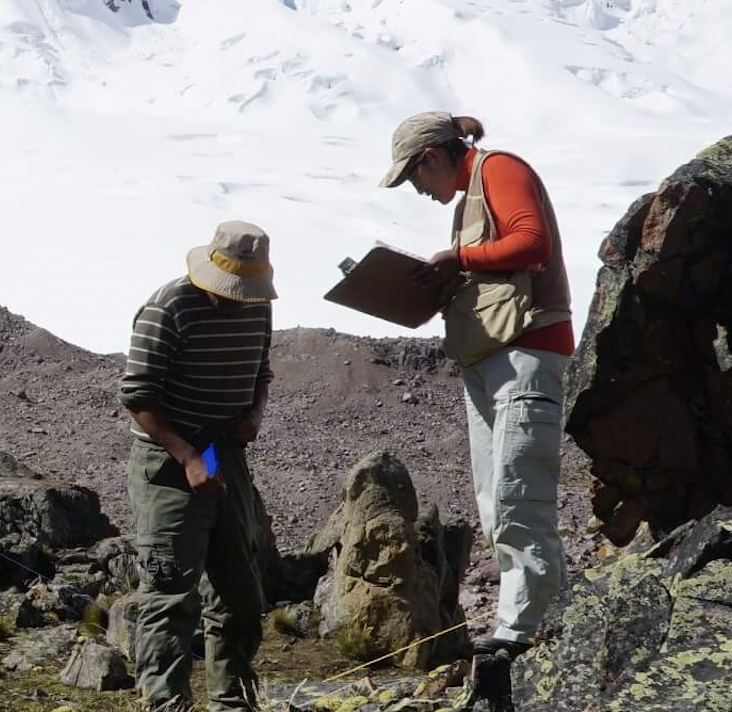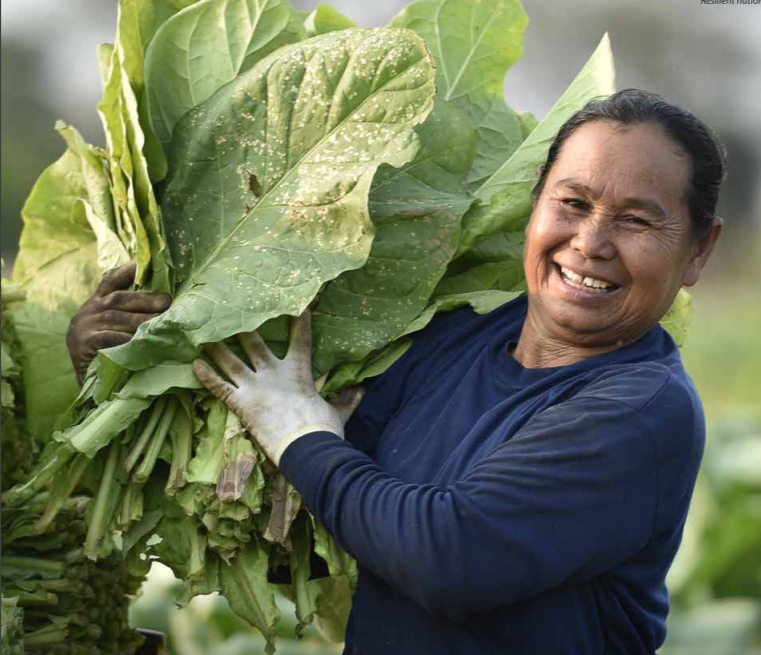engaging stakeholders
Long-Term Social-Ecological Monitoring in the Andes: How are we doing?
Learn more about a recently published study on the state of the art of long-term social and environmental monitoring systems in the Andes. The study identified knowledge gaps and monitoring priorities, and provided a much-needed perspective of monitoring efforts in the region.
MapStakes: A tool for co-creation processes
This is a five-step tool that helps users define system boundaries; identify, map and involve stakeholders; and monitor the engagement process.
Integrating Climate Adaptation: A Toolkit for Urban Planners and Adaptation Practitioners
Explore a toolkit for urban planners and adaptation specialists, providing guidance on integrating climate adaptation into urban planning.
EU-Canada Session 1. National Adaptation Strategies: Lessons Learned from the International Adaptation Community
This event explored lessons learned from KE4CAP countries, including tools for effective engagement of partners in the National Adaptation Strategy (NAS) process, governance mechanisms, and M&E.
BKE EU-Canada event series: Enhancing Connections across Platforms
Working with KE4CAP, the Government of Canada hosted 4 workshops to enhance knowledge exchange on topics of relevance to CAPs, including experiences in developing national adaptation strategies.
Research for Impact MOOC by the University of Cape Town and Oxfam
Online training for Research and Development Professionals about the Research for Impact approach - principles and practices that will make your research more impactful.
Policy alignment to advance climate-resilient development in Nepal: opportunities and way forward
This paper explores entry points for increased alignment of policy processes related to the Agenda for Sustainable Development, Paris Agreement and Sendai Framework for DRR
Local Solutions: Adapting to Climate Change in Small Island Developing States
This report brings together case studies that highlight how CBA projects have helped to increase the adaptive capacities of local communities in SIDS.







